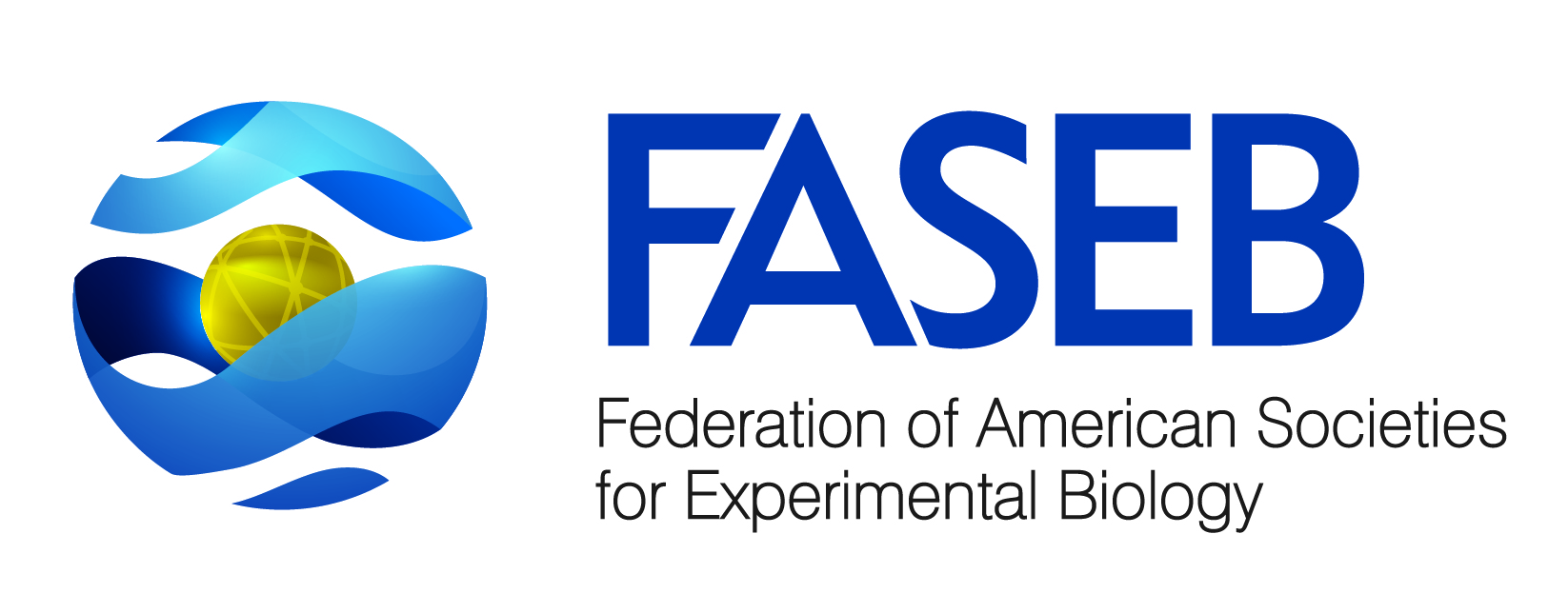Newswise — BETHESDA, Md., March 4, 2015 – Six scientific societies will hold their joint scientific sessions and annual meetings, known as Experimental Biology (EB), from March 28 – April 1, 2015, in Boston. This meeting, EB 2015, brings together the leading researchers from dozens of life-science disciplines. The societies represented at the meeting will be: the American Association of Anatomists (AAA), The American Physiological Society (APS), the American Society for Biochemistry and Molecular Biology (ASBMB), the American Society for Investigative Pathology (ASIP), the American Society for Nutrition (ASN) and the American Society for Pharmacology and Experimental Therapeutics (ASPET).
Below are some programming highlights:
Breast Cancer: Genetic and Phenotypic Diversity (ASIP)The past several decades have seen significant advances in our understanding of beast cancer’s molecular and cellular underpinnings, but success rates have not improved for treating some forms of breast cancer. It is increasingly recognized that breast cancer is a heterogeneous disease and thus requires therapies with multiple targets and treatment approaches that are multifaceted. Speakers during this workshop will explore molecular events and cellular interactions that produce breast cancer diversity and the implications of this diversity for clinical breast cancer management. (Sat., 3/28)
Navigating the Future of Biomedical Research (ASPET)As the leading supporter of biomedical research in the world, the National Institutes of Health has played a major role in improving human health, generating economic development and creating jobs in America. However, the NIH and the entire biomedical research enterprise are under great stress as funding has decreased for more than a decade. During this discussion, renowned leaders from NIH institutes and Harvard Law School will address threats to the future scientific labor force, training for biomedical researchers, scientific reproducibility, drug development and support for the science of the future. (Sun., 3/29)
Challenging the Central Dogma (ASBMB)Biochemistry students learn that protein folding is required for function. However, over the past 25 years, scientists have identified a group of unexpectedly prevalent nonfolding proteins that challenge the structure-function paradigm. Given that as much as 40 percent of eukaryotic proteins are partially or entirely nonfolding, the need for new insights is enormous. This symposium will highlight computational and experimental advances in this research area. (Sun., 3/29)
Neurobiology: The Anatomy of the Brain (AAA)The biology of the brain is changing the way we understand and envision treating cognitive and neurological disorders. This neurobiology mini-meeting will highlight science from leading scientists - including two Nobel Laureates - across the fields of anatomy, neuroscience and spinal cord injury. Topics include the effect of prions on anatomy and memory; neurodegenerative diseases such as Alzheimer’s, Parkinson’s and Lou Gehrig’s disease; discoveries tied to treatments for cognitive disorders; and research into spinal cord injuries and repair strategies. (Mon., 3/30)
A Conversation on the Integration of Evolutionary Biology with Physiological Science (APS)Leading scientists will discuss the changing face of evolutionary theory and the far-reaching implications of a new holistic approach to evolution that encompasses multiple processes and depends on multiscale interactions. Hosted by The American Physiological Society and the Physiological Society, this session will highlight the role of physiology in the changing theory of evolution. (Mon., 3/30)
Is “When” We Eat as Important as “What” We Eat? (ASN)Research in animals and humans has shown that metabolic responses to food are closely linked to circadian rhythms and that disruptions to circadian patterns, such as shift work and jet lag, can substantially affect energy metabolism and possibly contribute to obesity. The timing, frequency and composition of meals appear to also influence circadian signals. This symposium will highlight emerging research in the area of circadian timing and its interplay with food intake, metabolism and energy balance. (Tues., 3/31)
Media Registration Free registration is available to credentialed representatives of the press, and an onsite newsroom will be available for media. Detailed instructions for individuals who wish to request press passes are available on the website.
